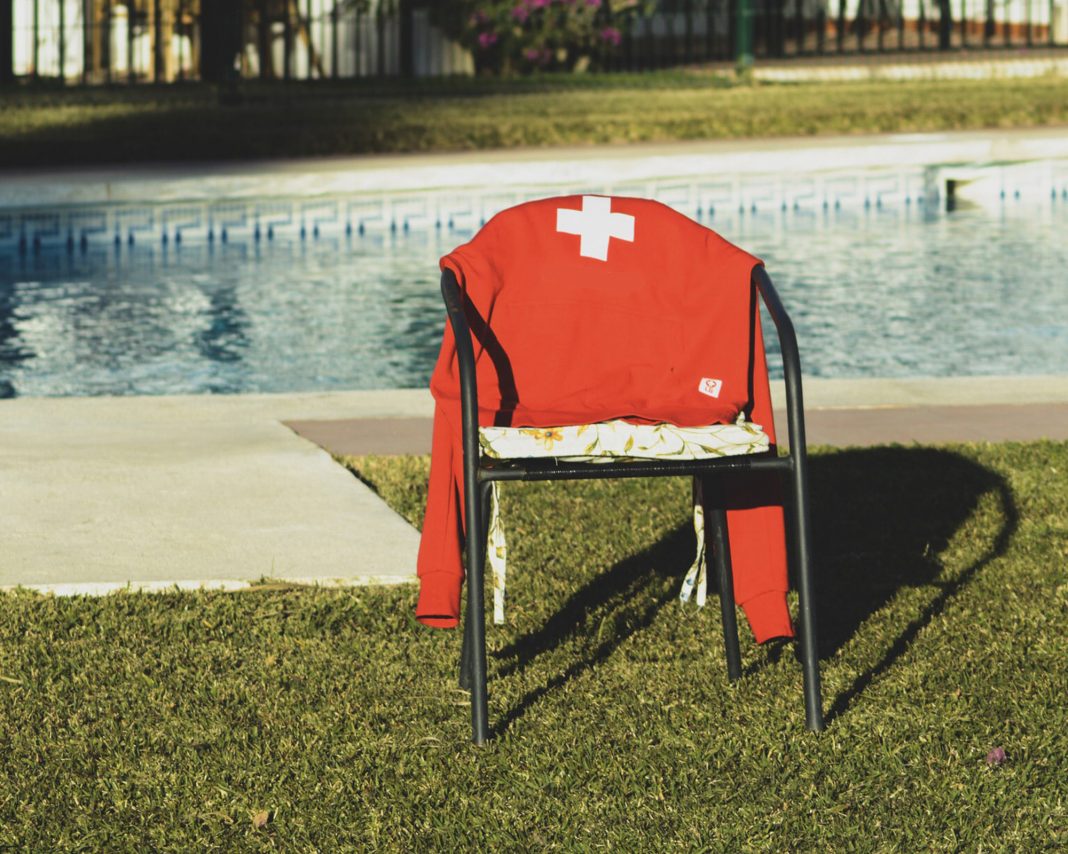Lifeguard Professionals employed in private pools say that they have had enough of the uncertainty and the instability of their situations, in many cases “without a contract and with unacceptably low salaries”
The patience of those lifeguards who are employed in the swimming pools of private urbanisations is coming to an end. They say that the increasingly frequent cases of labour exploitation and the “deplorable” conditions in which they have to work has got to stop.
Many of the workers and former workers in the sector say that they are not prepared to reveal their identity for fear of reprisals. They say that the trend of the network of private management companies, which has now been followed for several years is to hire people who are younger and vastly inexperienced, the reward for which is to pay them with “miserable” wages, well below the minimum agreement.
Whilst a trained worker would charge a minimum of 7.5 euros per hour, the salaries offered to first responders barely exceed 4 euros.
A spokesman for the Lifeguards said that they are absolutely infuriated when these amounts are offered to people with qualifications and many years of experience, which they are sad to say are occasionally accepted, because the only alternative is for the lifeguard to be out of work.
However, the professional organisation El Colegio de Administradores de Fincas said that they “have no record” of these situations occurring in any of the urbanisations that are managed by their administrators.
They add that their function is to ensure that first responders “have the appropriate licenses and training” and that they are contractually insured, but “what happens in the urbanisations that do not have an authorised and registered property manager” is out of their control.
The spokesman for lifeguard professionals said that the actions of such unregistered companies are “intolerable” pointing out that their uncaring actions are reducing the reputation and the effectiveness of a sector that is “in charge of security and assistance to the users of our swimming pools”.
But this doesn’t happen only in those urbanisations with only a small communities of owners, but in well-known urbanisations in Alicante, Playa de San Juan, Mutxamel and Santa Pola, where are forced to work much longer hours on tasks for which they are not employed.
Some lifeguards have said that they suffered occupational accidents due to the “awful state” of the equipment with which they have to operate, and that the employer “has ignored what has happened”; causing serious problems for the integrity of workers, often leading to threats and insults by users of the pools. In addition, they say that many swimming pools suffer from “a clear lack of maintenance and safety equipment, year after year.”
They even claim that many urbanisations choose to “not empty the pools when human faeces are found”
This situation has been confirmed by The Federation of Rescue and Lifeguard of the Valencian Community, who warn that “unless the government intervenes through labour inspections and soforth, this scenario will not be resolved.”





